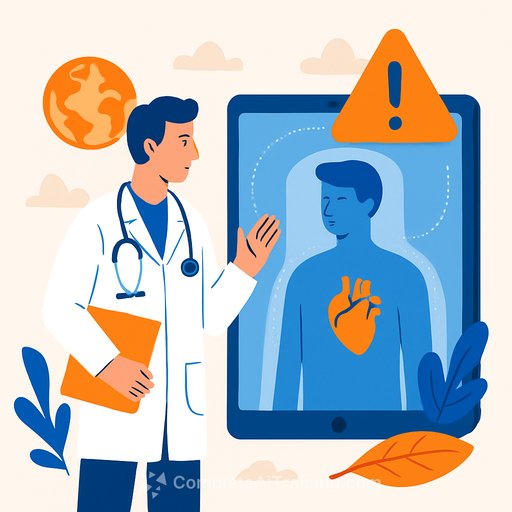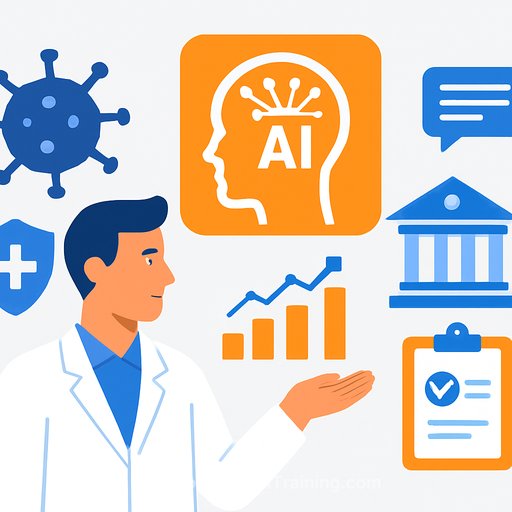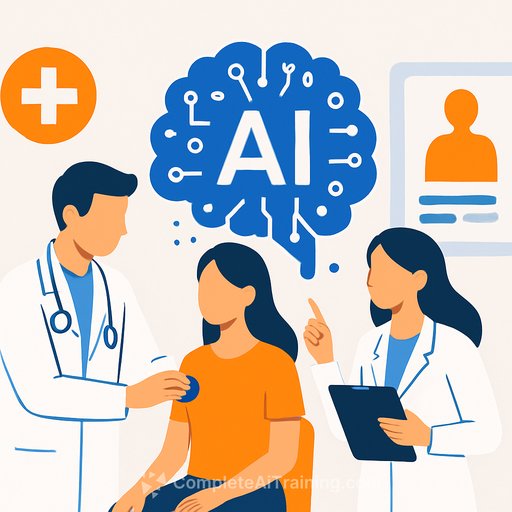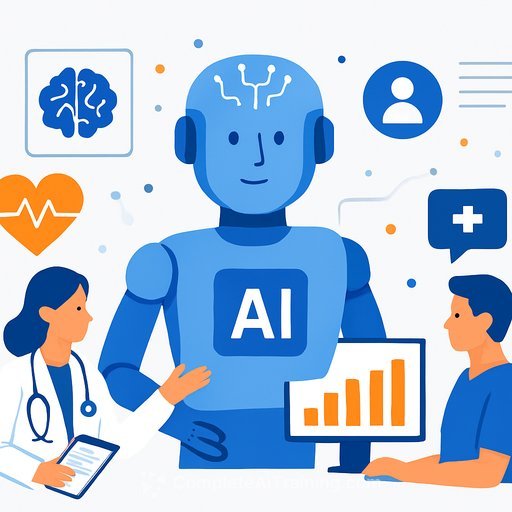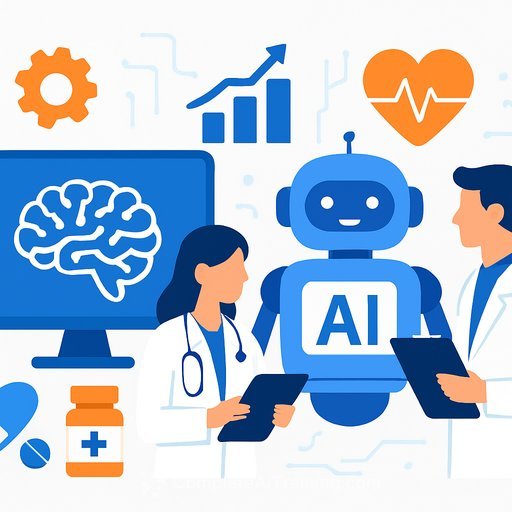Ethical Considerations of Digital Twins in Health Care
Digital twins (DT) are becoming a new tool in health care, offering computer-generated models that mirror a patient’s biological data and health status. These models simulate how a person’s body or specific organs behave, enabling doctors to test treatments and predict outcomes more precisely.
In practice, digital twins collect and analyze biodata through medical devices and sensors. They can track everything from glucose levels in diabetics to entire body systems, providing personalized insights and supporting preventive care. This technology also has the potential to contribute to "precision public health" by aggregating data from specific populations to improve treatment protocols for similar groups.
Opportunities and Ethical Challenges
Digital twins promise improved patient care and personalized medicine. However, there are significant ethical issues to consider:
- Accessibility and Cost: The technology and devices required for DT, such as wearable sensors, can be expensive and are not available worldwide. This disparity may widen existing healthcare gaps.
- Privacy Concerns: Sharing biodata, even voluntarily, risks privacy loss. Data may be vulnerable to hacking and often includes sensitive information like location and financial transactions.
- Benefit to the Individual: Not all users benefit equally. Some may use health trackers out of curiosity without clinical need, and DT results are not always perfectly accurate, causing potential misdiagnoses.
Environmental Impact of Digital Twins
Beyond ethics related to patient care, the environmental footprint of digital twins deserves attention. Health technology, including DT, involves energy use and carbon emissions that are often overlooked.
Personalized health monitoring, electronic records, and data storage all contribute to carbon output. For example, a single outpatient appointment produces roughly 50 kg of CO2 equivalents, and DT use adds to this figure.
Artificial intelligence (AI), integral to many digital twin systems, requires extensive computational power. Training AI models can produce emissions comparable to hundreds of hours of air travel. The hardware needed depends on minerals and metals often mined under problematic conditions, adding ethical concerns related to labor and environmental damage.
Telemedicine, which shares technology with DT for remote monitoring and consultations, also has a measurable carbon footprint. Studies have shown that telemedicine appointments emit between 1.86 and 8.43 kg CO2 per hour, emphasizing the need to factor in these impacts.
Balancing Innovation with Sustainability and Ethics
Evaluating digital twins solely on carbon emissions may miss broader ethical considerations, such as distributive justice and long-term sustainability. Reducing environmental harm while ensuring equitable access to these technologies requires adopting principles like reducing waste, reusing resources, and recycling materials.
As healthcare professionals working with or considering digital twins, it is crucial to weigh both the clinical benefits and the broader ethical and environmental implications. Being informed about these factors supports responsible integration of digital twins into health care systems.
For more insights on AI and healthcare technologies, explore resources at Complete AI Training.
Your membership also unlocks:

